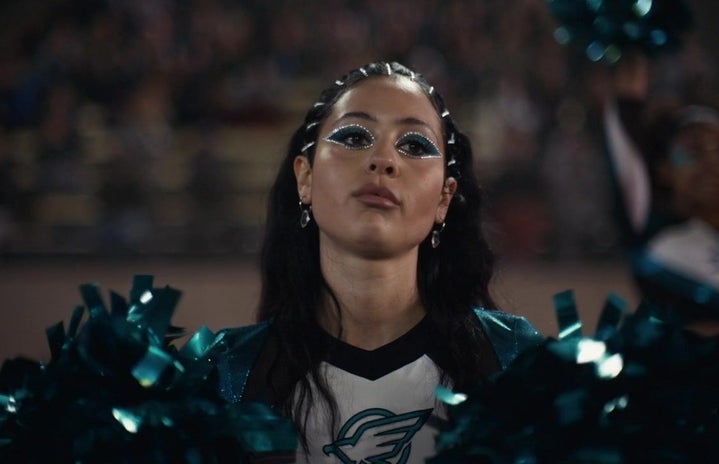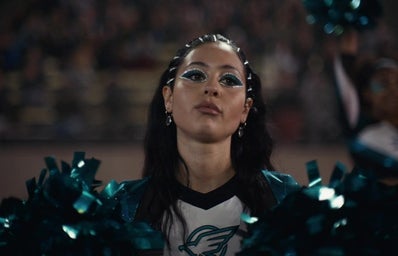With the anticipation of Halloween looming through the leaf-covered streets, I thought it would be a good time to discuss the power behind villainy. You know who I’m talking about. The Wicked Witch of the West, Ursula, Count Dracula, Claudius, Norman Bates, the Evil Queen, He Who Must Not Be Named. The “bad guys” if you will. The heartbreakers, day ruiners, and plot thickeners. These are my people.
Not to say that Norman Bates was right in killing Marion Crane in her hotel shower or that Cinderella’s step sisters made her ballgown better by tearing it into pieces. But, what would these stories be without the cynical, depraved, and twisted characters we call villains? Here is the short answer: they would go nowhere. It would just be Snow White in the forest, picking flowers, or King Denmark and Hamlet living in a big castle, playing chess all day. Villains run the show. Villains make their mark, and that mark is what paves a hero’s road to fame.
Think about the protagonists we’ve come to know and love. Think about who they are before a conflict arises. In most cases, I think they are rather boring. Sure, Thor has long blonde hair and muscles, but who is he without his mischievous brother, Loki? Without the Joker, Batman is just some guy with a cool car and a cape. Heroes are nothing without the maniacal persuasions of the villain. And when the main character overcomes the conflict created by their enemies, this is what’s deemed “heroic”.
The best part of a character that makes poor choices is when they are in the spotlight. When the protagonist is also considered a villain, I jump for joy. Because what is more interesting than a person who can change, can be better, can be a hero, and chooses the opposite? Nothing! We see this in movies such as Disney’s “Maleficent”, made in 2014, and “Cruella” in 2021. Clearly, there is a demand from audiences to see what’s beneath the surface of scheming and scamming.
When a protagonist is faced with problems of their own doing, it is theirs, and only theirs, to solve. This is truer to the human experience. Typically, we don’t have anti-heroes in our own lives. In the real world, inner conflict trumps any outer conflict we endure. The woman who cut you in line at Trader Joes will not change the course of your life, but the little voices in our heads sure can. And villains fall victim to that.
Admittedly, antagonists give voice to the darkness inside all of us. Most people want to be good but one cannot deny the subtle beckoning of wrongdoing. Villains are the synthesis of all that negative human emotion. The greedy, spiteful, wicked pieces of human nature shine in their personification. One might say that a person could be jealous of it. Jealous of those that were brave enough to be the worst version of themselves.
I’m not saying that we should embrace our inner Hannibal Lecter and pick up cannibalism. We should not become accustomed to villainy. But there is gratification that comes along with the perfect antagonist and that is not to be overlooked. What makes a hero a hero is the contrast between them and the bad guys. Without evil there would be no good. Without war there can be no peace. Without darkness, no light can emerge. So, no matter what, there is some good that comes with being a little bad.

